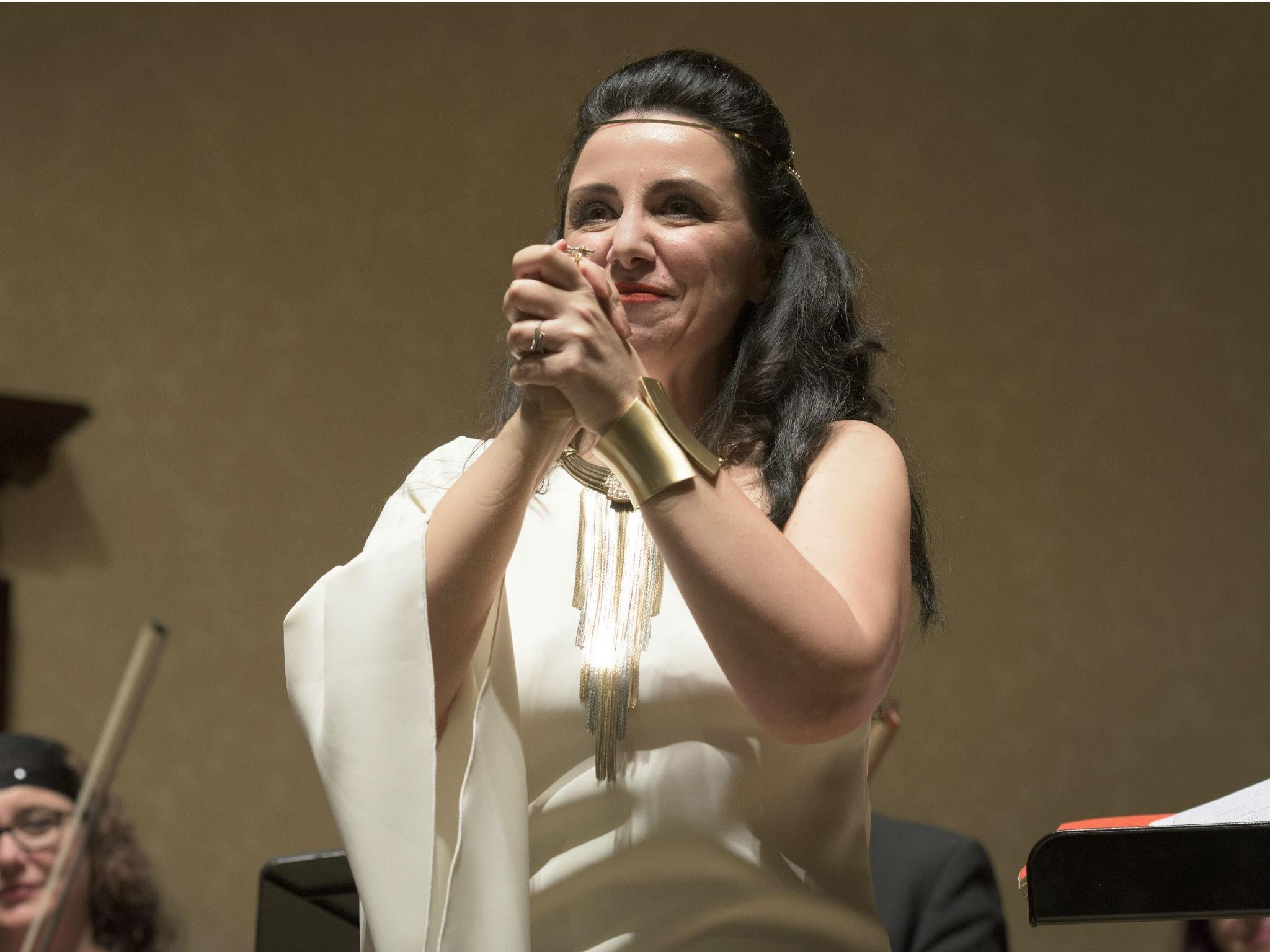Anna Bonitatibus and Friends, Wigmore Hall, London, review: Bonitatibus outshone on an illuminating night of Italian chamber music
The mezzo-soprano, supported by three other singers plus a pianist and flautist, performed a collection of rare Italian vocal chamber repertoire

Your support helps us to tell the story
From reproductive rights to climate change to Big Tech, The Independent is on the ground when the story is developing. Whether it's investigating the financials of Elon Musk's pro-Trump PAC or producing our latest documentary, 'The A Word', which shines a light on the American women fighting for reproductive rights, we know how important it is to parse out the facts from the messaging.
At such a critical moment in US history, we need reporters on the ground. Your donation allows us to keep sending journalists to speak to both sides of the story.
The Independent is trusted by Americans across the entire political spectrum. And unlike many other quality news outlets, we choose not to lock Americans out of our reporting and analysis with paywalls. We believe quality journalism should be available to everyone, paid for by those who can afford it.
Your support makes all the difference.Researching a concert programme inspired by the character of the Assyrian princess Semiramis, the mezzo-soprano Anna Bonitatibus discovered a wealth of 18th century Italian chamber songs lying forgotten in the vaults. She launched a publishing company and enlisted scholars to help retrieve yet more songs, and last year had the satisfaction of rectifying an injustice whereby a song by the underrated Vincenzo Gabussi, which had been misattributed to his rival Vincenzo Bellini, was finally acknowledged to be his.
Now here she was, supported by three other singers plus a pianist and a flautist, come to lay out her new-found wares. This concert was like a double audition: of the singers, and of the songs. Bonitatibus is a familiar figure on the operatic stage, as is tenor Paul Nilon, but it was very pleasant to meet bass Rocco Cavalluzzi and soprano Serena Farnocchia. Likewise it was illuminating to hear the songs by completely unknown – to British audiences – Italian composers, alongside forgotten songs by Verdi, Rossini, and Donizetti.
Luigi Gordigiani and Alberto Mazzucato furnished the most interesting trouvailles. Nilon was in top form in his ringing head-voice mode, but Bonitatibus would have done better to learn her songs, rather than keeping her head buried in her score while frantically semaphoring with her hands. Cavaluzzi’s basso profundo was warm and arresting, while Farnocchia proved an exciting discovery: with the beauty and power of her tone, and her mastery of mood and structure, she emerged as a hugely accomplished recitalist. I would love to hear her sing Mozart and Bellini.
Join our commenting forum
Join thought-provoking conversations, follow other Independent readers and see their replies
Comments